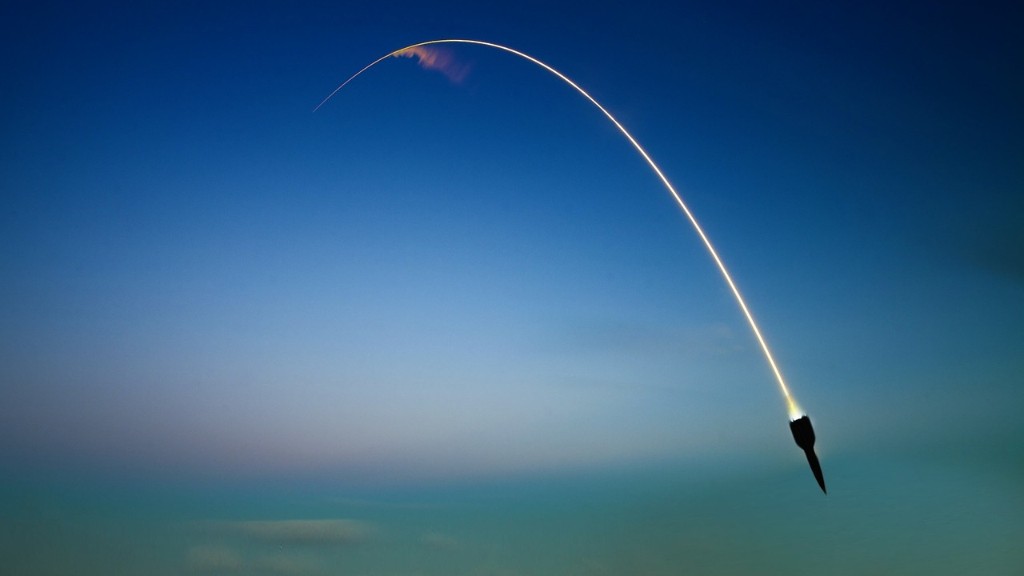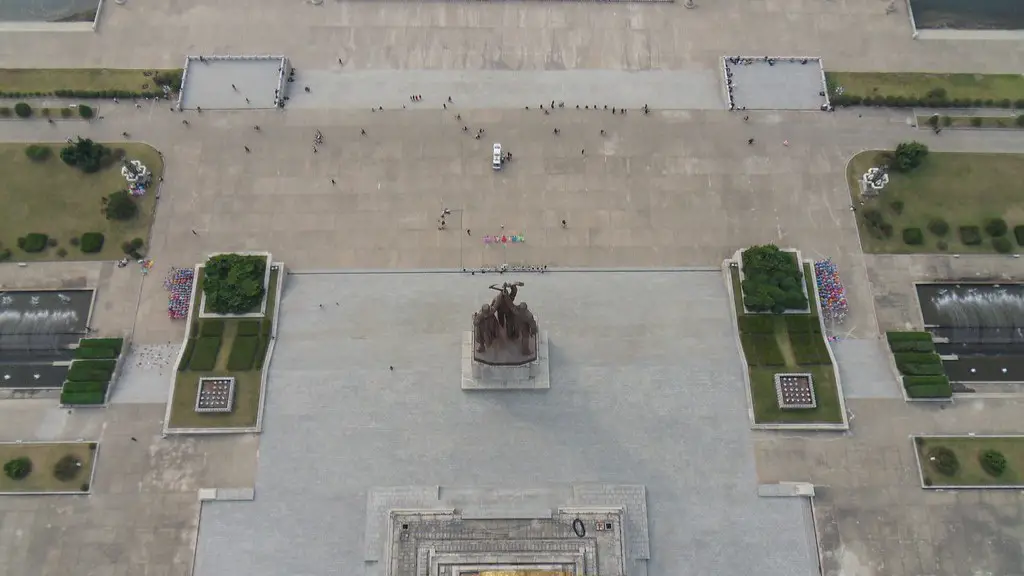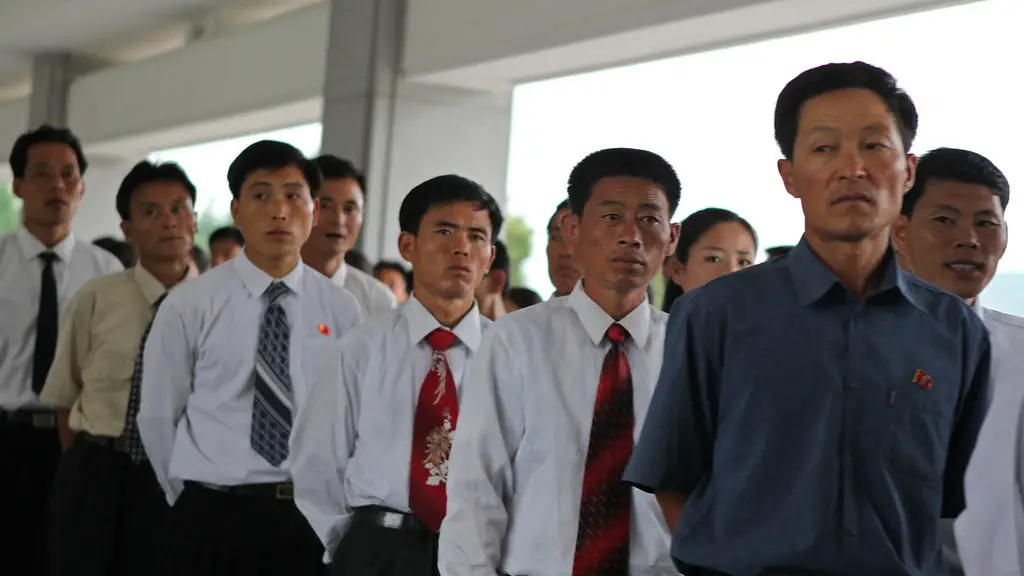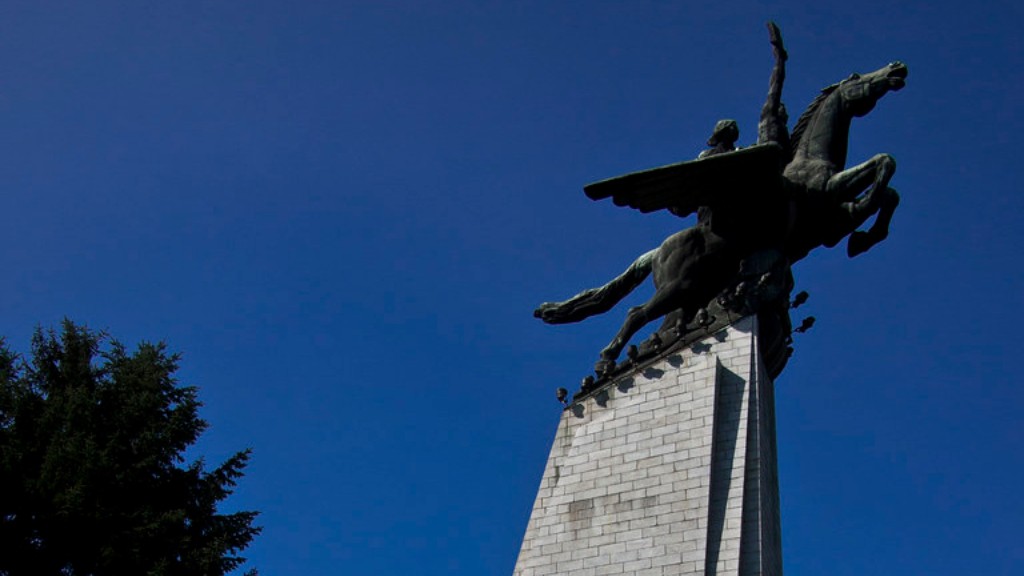It is often difficult to understand the perspective of North Korea and what exactly it stands for. The isolated state is shrouded in mystery, and it seems as if only sparse glimpses of what citizens think about the world can be sighted. Though one can never know for sure what the opinions of the people of North Korea are, from what information is similarly ascertained from media reports, it can be inferred that the state holds a particular view of the world, one which stems from its past experiences.
In terms of the wider context, there have been various opinions expressed about North Korea’s perspective on the world, across a number of topics. Starting with its current attitude towards neighbouring countries such as Japan and South Korea, North Korea has historically shown a strong stance against these countries, going as far as to brand South Korea a ‘puppet state’ of the United States, which in turn is accused of ‘encirclement and suppression’. North Korea views its neighbours as hostile forces, rather than potential allies, a notion which has been further bolstered by recent nuclear and missile testing by Japan and South Korea, accompanied by a series of international sanctions.
North Korea’s view of the world has also been heavily coloured by its past experiences. The state officially sided with China during the Korean War and the recent Sino-Soviet split also had a great influence on its outlook. As a result, it has grown to be very hostile towards the United States, often viewing it as an imperialist power and oppressive force which meddles in its internal affairs. This sentiment was further compounded during the Trump Administration, wherein the US threatened to ‘destroy’ the regime of North Korea unless it complied with its demands, which fuel Pyongyang’s negative view of the US.
Another major factor in North Korea’s view of the world is the presence of the country’s absolute ruler and Supreme Leader Kim Jong-un, whose influence on the nation’s outlook is immense. Kim Jong-un’s vision of the world largely revolves around North Korea’s efforts to protect its own autonomy and freedom, while also attempting to project power and showcase its technological prowess through military parades and nuclear tests. He also speaks of global unity, claiming that “the entire world can be united as one”, a view which has been echoed in North Korea’s attempts to reintegrate with the rest of the world in recent years.
Though North Korea is often portrayed as a hermit regime and isolated nation, its view of the world is rooted in both its history and experience. North Korea has shown that it is open to economic and trade relations, as exemplified by its current relations with China, which have been instrumental in keeping the regime afloat. The country views itself as a bastion of self-determination, one which seeks to protect its autonomy and will stand against oppressive forces. Above all, North Korea’s view of the world is underpinned by the strong leadership of its Supreme Leader, Kim Jong-un, who is determined to lead the nation towards a path of unity and prosperity.
Recognition of North Korea’s Activities
North Korea’s view of the world has been, in part, shaped by their recognition (or lack thereof) from the international community. This recognition has been noted in various events and activities held by the country, such as launching satellites and conducting missile tests. However, the global outlook regarding these activities has been largely negative, with the US denoting them as acts of aggression which are closely monitored and sanctioned. This negative view of North Korea’s activities has, in turn, only served to further distance the country from the rest of the world.
Indeed, despite the US’s claims of aggression, North Korea views their actions as a necessary step to establish their sense of identity, sovereignty and security. To North Korean citizens, the development and use of their technological capabilities is a source of national pride, and a symbol of having their own means to defend themselves against what they perceive as unjust and oppressive measures taken by those who are “enclosing” their borders. It is this sense of security, embodied by their advanced military technology and capabilities, which has allowed them to project their power and autonomy across the globe.
However, this sense of security has been compromised in recent years, with recent denuclearization agreements – such as the one made with the US in 2018 – seen by many to be a sign of the nation’s impending dissolution. Many others, however, would argue that these denuclearization measures are necessary for North Korea to remain secure and build better relationships with the global community. The US’s recognition of North Korea’s agreed denuclearization measures as beneficial for the world is one of the few positive steps that have been taken in recent years, and have led to a slightly more positive outlook on the nation’s goals and objectives.
Global Reactions to North Korea’s Approach
The world’s reactions to North Korea’s approach to international affairs have been mixed, with some countries firmly believing that their efforts are noble while others believe they are misguided and detrimental to global security. Even the United Nations has tried to bring North Korea into the international community through various resolutions, yet these resolutions have largely been ignored by Pyongyang.
In recent years, the United States, South Korea and even Japan have attempted to extend diplomatic overtures to North Korea. But each of these efforts has been met with varying levels of success. For instance, North Korea has thus far refused to comply with a denuclearization agreement with the United States, while South Korea’s policy of engagement has been met with mixed results. For example, the two countries have recently re-opened a jointly-run industrial complex in Kaesong, although the talks between them remain tense due to disputes over missile testing and the failure to progress on nuclear disarmament.
Furthermore, the diplomatic relations between North Korea and China have been generally cordial, with Beijing’s leaders seeing the North as a strategic buffer between them and the US. Japan’s approach has been largely criticised as immature and threatening by Pyongyang, as Tokyo has consistently imposed economic sanctions on the nation since the 1950s. Although this approach has been applauded by other nations with similar views, it has failed to draw North Korea out of its isolation.
The wider global opinion on North Korea can be best summed up as one of skepticism. For instance, in 2019, the Institute for Peace and Cooperation conducted a study which showed that a vast majority of countries believed that the nation’s nuclear ambitions posed a threat to regional stability. This view has been echoed by the US and the UN, both of whom have called for stronger measures to be put in place to prevent Pyongyang from engaging in further nuclear tests or proceeding with potential nuclear weapon development.
North Korean Influence Over the World
North Korea’s views of the world have not gone without consequence, as the nation has been able to exert some level of influence across the globe. Recently, North Korea’s cyberattacks have become increasingly common and damaging, with the “Lazarus Group” — the entity allegedly responsible for the attack on Sony Pictures in 2014 and the WannaCry ransomware attack in 2017 — being publicly identified by the FBI as a North Korean state-sponsored group.
Furthermore, the country’s weapons have been successfully deployed to other nations, with reports suggesting that North Korea has exported Ballistic Missiles to countries such as Kuwait, Pakistan and even some African nations, despite the UN sanctions placed on the nation’s trading activities. North Korea’s nuclear capabilities have also been utilised in the region, with the nation reportedly providing services such as uranium enrichment to Iran, Syria, and Burma.
The concept of international diplomacy has also been used by North Korea to display their capabilities and power to the world. The country has sent out numerous diplomatic envoys to various countries in order to further their relations with other nations, as well as to declare their own nation’s influence and capabilities. Recently, North Korea even accepted an invitation from South Korea to attend the PyeongChang Olympics in 2018, a move that attracted worldwide attention.
Outside of sports, North Korea’s influence can be seen in the recent spate of denuclearization agreements. After months of diplomacy and negotiation, North Korea agreed to denuclearize in exchange for relief from sanctions, as well as various aid packages. This agreement has been seen as a major step forward, and it has inspired a newfound hope that North Korea could take its place in the international community and make a meaningful contribution.
North Korea’s Relations with the Media
North Korea’s view of the world has been greatly affected by its unforgiving relationship with the media. To North Korean citizens, media outlets such as newspapers, TV and radio come under the control and censorship of the state. As such, North Koreans are subject to a barrage of propaganda and inaccuracies, without access to facts and the real views of the international community.
What’s more, the internet is heavily restricted in the country, with access provided to only a few, trusted members of the government. As a result, North Korean citizens have largely been unable to access global news and information. This has led to a lack of understanding about global events and views, as well as an overall distrust in foreign news outlets.
The lack of access to global news has also had a direct effect on foreign relations. It has been noted that many North Koreans view the rest of the world as an enemy, instead of the potential ally. North Korean citizens have a limited understanding of different cultures and customs, and they are often unaware of international developments, such as the denuclearization agreement with the US in 2018.
Additionally, North Korea’s government has been known to take drastic steps to keep its people in the dark. For example, in 2017, the government enacted a new law which made it illegal for North Koreans to access foreign news or media outlets online – a move that has only further fueled North Korean’s misconceptions and hardened their view of the world.
Conclusion
North Korea’s position in the world has increasingly become complex, with the state’s view of the world having been heavily shaped by its past experiences, the presence of its absolute ruler, and its recognition from the international community. This has resulted in the nation viewing itself as a bastion of self-determination, one that seeks to protect its independence and autonomy from oppressive forces.
The world’s reactions to North Korea’s approach to international affairs have largely been mixed, with many countries viewing its efforts as misguided, while others have applauded them. Meanwhile, North Korea’s difficult relationship with the media has had a major effect on the nation’s perception of the world, leaving many of its citizens in the dark about global events and foreign relations.





